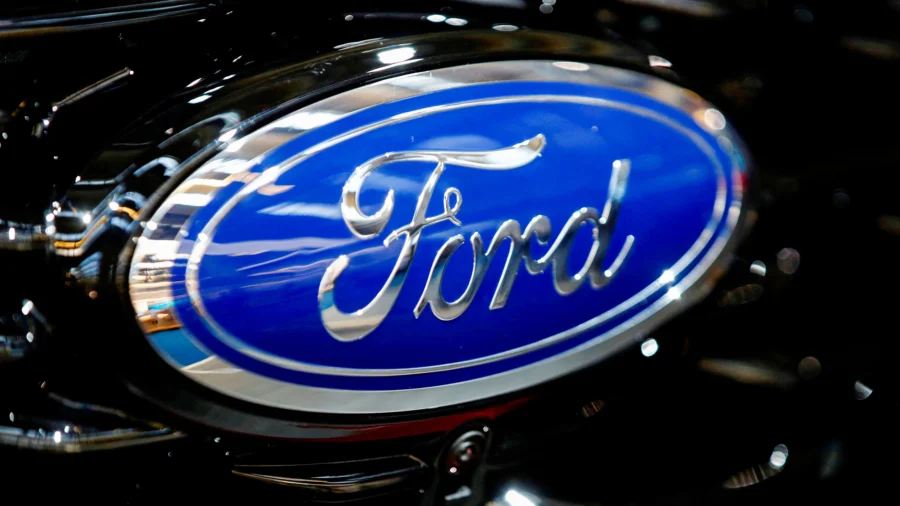U.S. auto safety regulators have opened investigations into more than 360,000 Ford Edge crossover SUVs following complaints about brake system failures.
The preliminary evaluation was launched after the National Highway Traffic Safety Administration (NHTSA) received 36 complaints reporting that 2015 to 2017 Ford Edge vehicles had lost braking ability “suddenly and without warning,” the agency said in a summary statement.
The complaints allege that the vehicles involved lost braking ability due to a rear brake hose failure, which occurred without prior warning and resulted in an extended stopping distance, according to regulators.
An official recall has not been issued, but the NHTSA reported that an estimated 368,309 vehicles could be affected by the issue.
Regulators say the probe into the vehicles is to “determine the scope and severity of the alleged problem, and to fully assess the potential safety-related consequences.”
In 2020, the Ford Motor Company recalled 2015-2018 Ford Edge and 2016-2018 Lincoln MKX vehicles fitted with front brake hoses susceptible to failure. The company recalled an estimated 488,594 vehicles in the United States due to complaints of the hoses rupturing prematurely.
Recent Vehicle Recalls
Last week, the NHTSA reported that Stellantis would voluntarily recall as many as 129,313 Ram 1500 pickup trucks over a turn signal malfunction.
Consumers had reported that certain 2023 to 2024 Ram vehicles’ turn signals did not self-cancel, but remained active after a turn was completed. The NHTSA wrote that this “may cause surrounding drivers to misunderstand the intent to change vehicle direction,” thus increasing the risk of a crash. It is estimated that 5 percent of the recalled vehicles will exhibit the malfunction.
The NHTSA noted that the flaw in the turn signal function failed to comply with the Federal Motor Vehicle Safety Standard No. 108, which relates to lamps, reflective devices, and associated equipment. To comply, the vehicle’s “turn signal operating unit must be self-canceling by steering wheel rotation and capable of cancellation by a manually operated control.”
On Sept. 26, Tesla recalled 27,185 Cybertrucks built between Nov. 2023 and Sept. 2024 following an issue with the rearview camera.
Tesla said that if the vehicle’s system does not “complete a shutdown process before the system is commanded to boot-up,” the rearview image might not appear for between 6 and 8 seconds after shifting the vehicle into reverse.
The delayed image on the rearview camera could increase the risk of a crash, the report said. This system failure does not comply with the Federal Motor Vehicle Safety Standard (FMVSS) No. 111 on “Rear Visibility,” which requires the rearview image to display within two seconds of the vehicle being placed in reverse. An estimated 1 percent of recalled Cybertrucks are expected to exhibit the rearview image issue.

